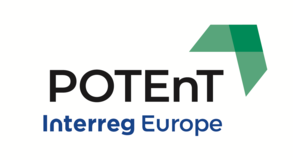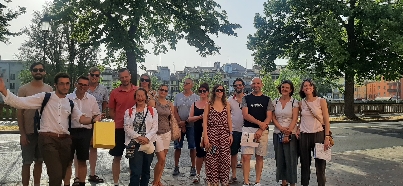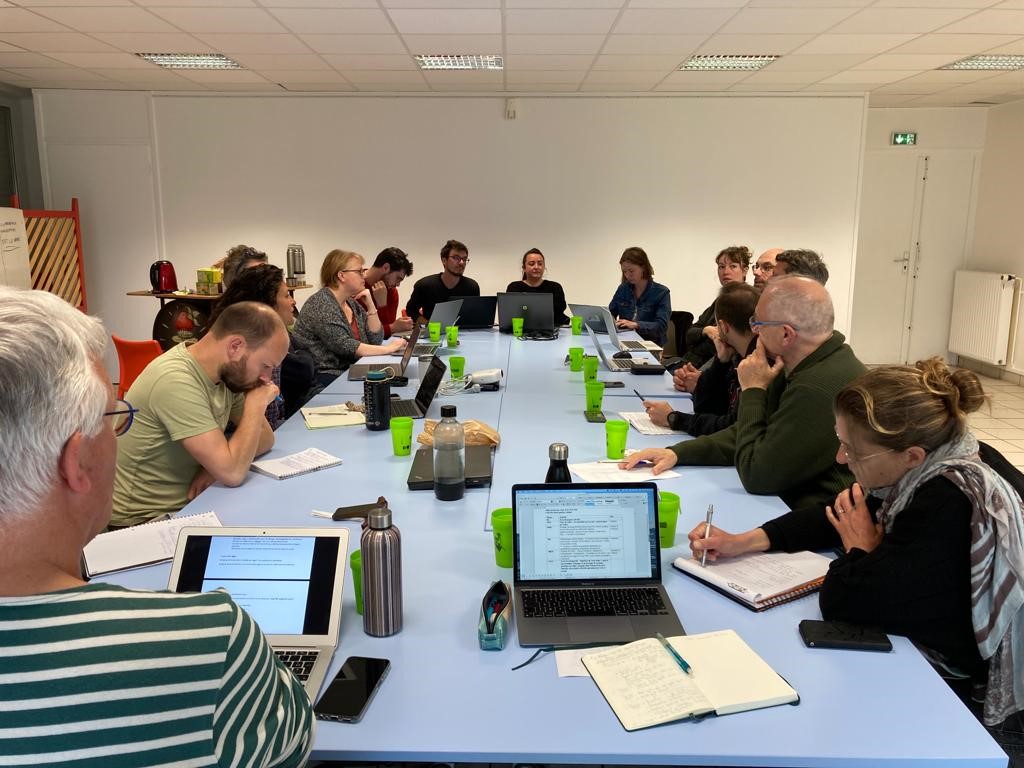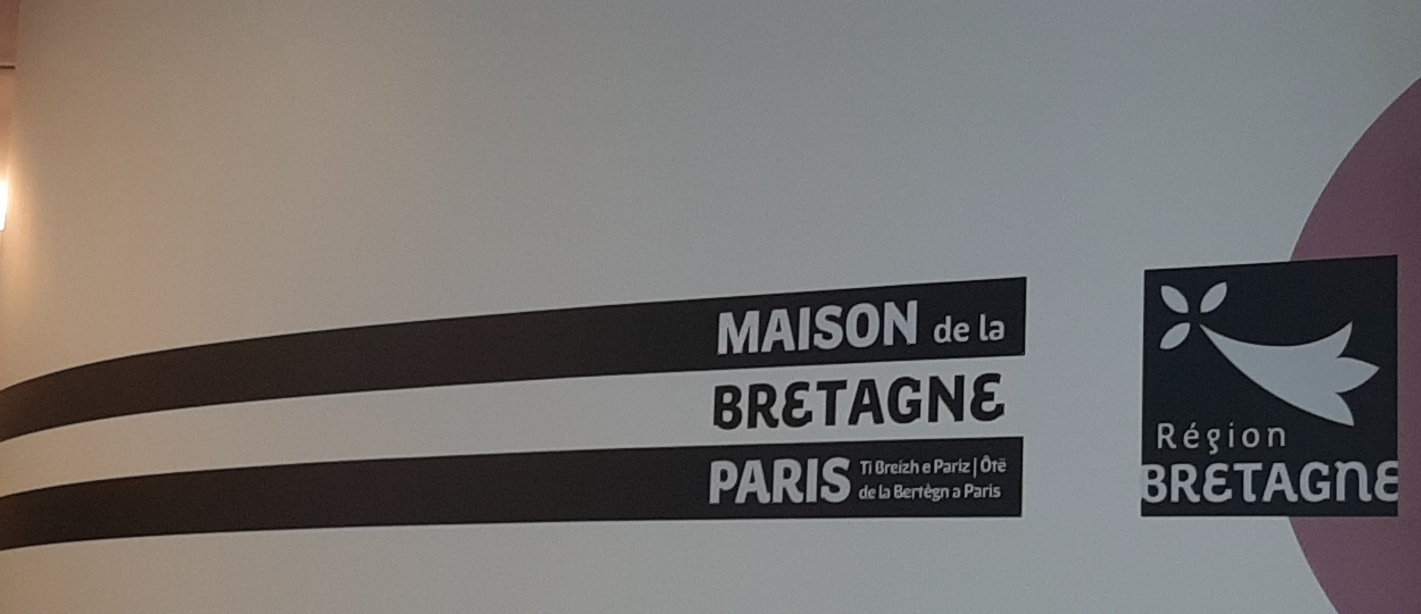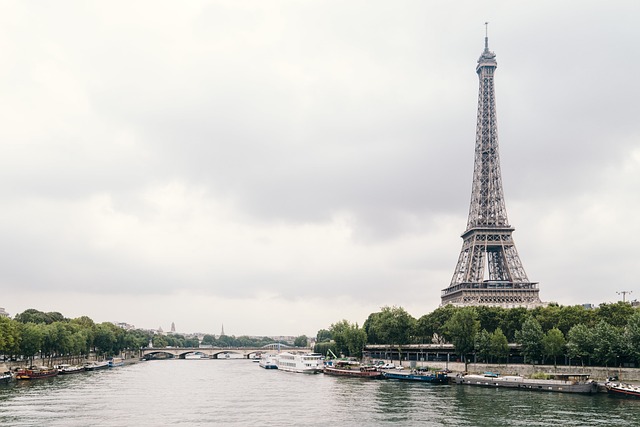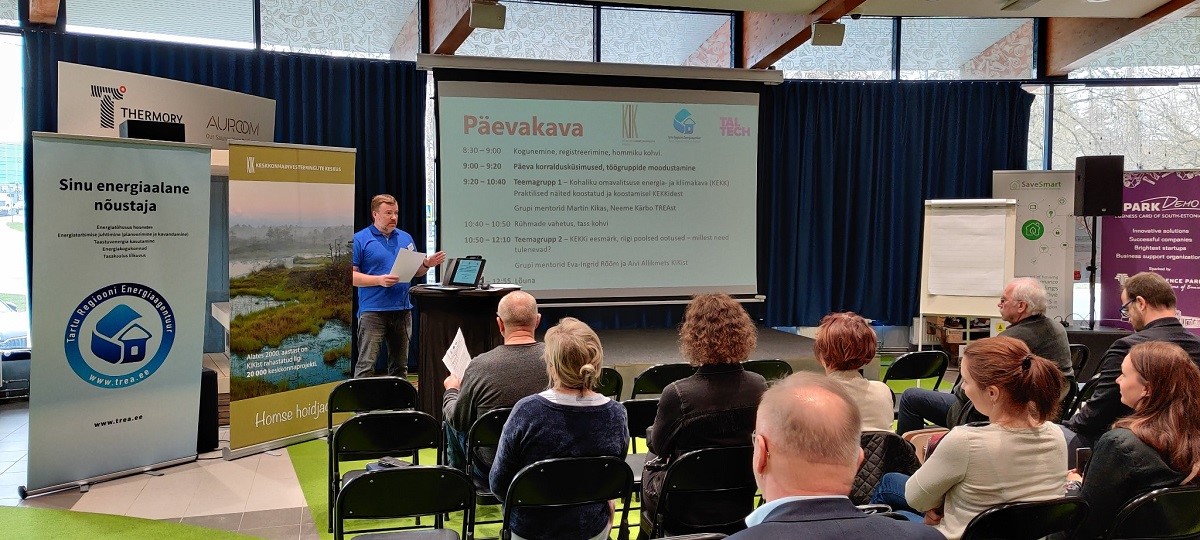In the heart of spring, our POTEnTers met online for a study visit on a thrilling and stimulating topic such as the energy communities.
Citizens play a central role in energy communities. They are indeed able to produce, consume and exchange their own self-produced clean energy. Therefore, solar and thermal panels are the most common way of decentralizing clean energy production. However, heat pumps and biogas are effective in this regard. The citizen has now the choice of becoming a proactive consumer, a prosumer.
On Thursday, May 27th, the municipalities of Parma and Pamplona organized a meeting showing two pilot projects on energy communities. Both projects are pilots at an early stage, with the aim of becoming pioneers in creating an evidence-based energy community module to be replicated in their city, region, or national territory.

ALOEN, ESS (VEAB), the city of Ostrava, and Milton Keynes took part in the meeting and brought their stakeholder. Overall, about 17 participants attended the meeting.
The EU-project manager Claudia Carani opened the event by presenting Bologna Green energy community.
The theory before the practice: the presentation began with an outlook at the European context of the directives on self-consumption and a review of the technicalities concerning the implementation of the energy communities in Italy according to the transposition of the REDII EU directive made by the Italian government.
This framework gave birth to the project GECO, supported by the European community Climate Kick, the University of Bologna, and the National Italian Agency for New Technologies and Sustainable Development (ENEA).

Since in the current Italian legal context the members of the energy communities must be connected to the same medium voltage electrical panel, the project designed several energy communities scattered in different parts of the Pilastro - Roveri district in Bologna.
AESS Modena developed a business model to maximize the competitive advantages of each of the different areas. In some of them, there are residential buildings, in others two headquarters of different companies, social housing buildings, and one commercial center.
The project mainly relies on PVs generation for electricity production. However, a biogas plant is planned to be installed to provide clean thermal energy to the community by converting organic waste into biofuel.
Despite the innovativeness of the project, the current Italian framework still needs to be updated and improved. Indeed, the current legal limits to energy communities in Italy (e.g. maximum potential 200Kw, distance from electro voltage cabinets 200m) prevent larger companies to invest in these types of projects, on one side. On the other, people are reluctant to engage in energy communities because of economic uncertainties, and a lack of general information on the issue.
Javier Zardoya Illana, energy manager of the city of Pamplona, started presenting the recent legal framework for energy communities and collective self-consumption in Spain, which allows to sell the surplus of energy to obtain a deduction from the electricity bill.

After this first introduction, Arantxa Goikoetxea Irigoien, representative of the region of Navarra, presented the pilot project of an energy community in the Navarra Arena, an indoor sports arena.
The regional authority of Navarra carries out this project, developed within the framework of the 2030 Navarra Energy Plan and the EU project SustaiNAvility. The Navarra Arena, located on the outskirt of the city of Pamplona, was chosen to develop an energy community that provides photovoltaic panels for collective and individual self-consumption of 99Kw and 53 kW respectively.
The reason behind the creation of two different self-consumption models lies in the legal requirements dictated by the transposition of the REDII directive, in which only low voltage distribution is allowed for collective self-consumption.
This project aims at providing citizens living in the area with clean and renewable energy. To do this, citizen’s engagement played a crucial role. The region set up a cross-functional team to lead the participative process, which lasts six months. The region of Navarra is now working on the administrative process to finalize and launch the project.
In conclusion, guests overwhelm speakers with questions during and at the end of the event. Despite the two hours of international learning, the curiosity for the discussion at the end of the meeting was really high and difficult to satisfy. That said, if you are looking for further insights on the topic of energy communities make sure you do not miss the next POTEnT study visit which will be held on June 15th.
